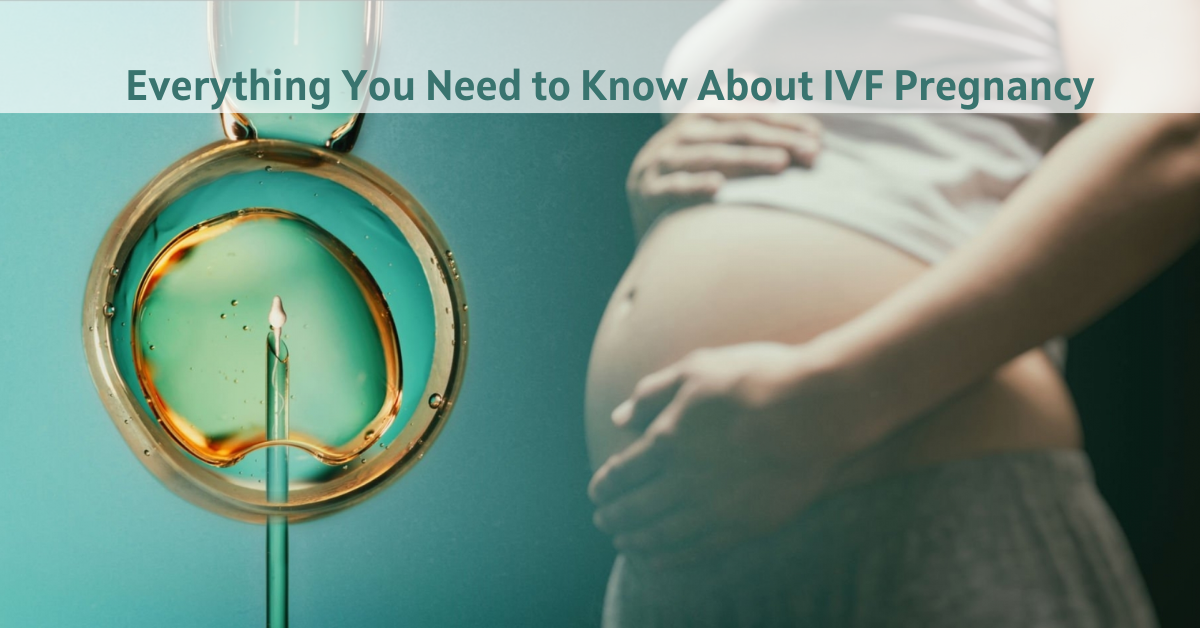Examining the Link between Sperm Abnormalities and Birth Defects
Introduction:
The process of human reproduction is complex, and it requires the successful fertilization of a healthy egg by a healthy sperm. When a couple faces fertility issues, one of the key factors that can affect their chances of conceiving is the quality of the sperm. A sperm with abnormal morphology may not be able to penetrate the egg or contribute to a healthy pregnancy. In this blog, we will examine the link between abnormal sperm morphology and fetal development, specifically birth defects.
What is Abnormal Sperm Morphology?
Sperm morphology refers to the size and shape of sperm cells. When a man's sperm has abnormal morphology, it means that the sperm cells have an unusual size or shape. Abnormal morphology can affect the sperm's ability to move, fertilize the egg, and support healthy fetal development. The most common types of abnormal sperm morphology include a large or small head, a bent tail, or a lack of tail altogether.
How Abnormal Sperm Morphology Affects Fetal Development:
The link between abnormal sperm morphology and birth defects is still being studied, but there is evidence to suggest that it can have an impact on fetal development. Abnormal sperm may be less able to fertilize the egg or may result in a pregnancy that is not viable. In some cases, an abnormal sperm may fertilize the egg, but the resulting embryo may have chromosomal abnormalities, which can lead to birth defects.
Studies have also found a correlation between abnormal sperm morphology and specific birth defects. For example, one study found that men with abnormal sperm morphology were more likely to have children with cleft lip or palate. Another study found a link between abnormal sperm and neural tube defects, which are conditions that affect the brain and spinal cord.
It's important to note that not all cases of abnormal sperm morphology will result in birth defects, and not all birth defects are caused by abnormal sperm. However, it is clear that the quality of the sperm can play a role in fetal development.
Causes of Abnormal Sperm Morphology:
There are several factors that can contribute to abnormal sperm morphology. These include:
Genetic factors: In some cases, abnormal sperm morphology may be due to a genetic condition.
Environmental factors: Exposure to certain environmental toxins, such as pesticides or radiation, can affect sperm quality.
Lifestyle factors: Poor diet, smoking, alcohol consumption, and drug use can all affect sperm quality.
Medical conditions: Certain medical conditions, such as diabetes or varicocele, can affect sperm quality.
Age: As men age, their sperm quality may decline, including the morphology.
As a Fertility Specialist in Sri Lanka, I have come across numerous cases where sperm abnormalities have been linked to the occurrence of birth defects in newborn babies. Studies have shown that abnormalities in the shape, size or motility of sperm can lead to genetic mutations and chromosomal abnormalities, which can then be passed on to the developing fetus. This can result in a variety of birth defects, ranging from physical deformities to developmental delays and cognitive disabilities.
It is important to note that not all sperm abnormalities will necessarily lead to birth defects, and the severity of the defect can vary depending on the specific mutation or abnormality present. However, the link between sperm abnormalities and birth defects is a cause for concern, and highlights the importance of addressing fertility issues before attempting to conceive.
As a fertility specialist, my role is to help couples overcome any obstacles to conception, and to ensure that both partners are in good reproductive health before attempting to conceive. This may involve a range of interventions, including lifestyle changes, medical treatments, and assisted reproductive technologies such as IVF.
For men with known sperm abnormalities, we may recommend genetic testing to identify any potential risks to future offspring. We can also offer advice on lifestyle changes that can improve sperm health, such as quitting smoking, reducing alcohol intake, and maintaining a healthy weight.
Ultimately, our goal is to help couples achieve a healthy pregnancy and a successful birth, while minimizing the risk of birth defects and other complications. By understanding the link between sperm abnormalities and birth defects, we can work together to ensure the best possible outcomes for our patients and their families.
Treatment for Abnormal Sperm Morphology:
If a man has abnormal sperm morphology and is trying to conceive, there are several options available. In some cases, lifestyle changes may be enough to improve sperm quality. This could include eating a healthy diet, quitting smoking, reducing alcohol consumption, and avoiding exposure to environmental toxins.
In other cases, medical treatment may be necessary. For example, if a man has a medical condition that is affecting his sperm quality, treating that condition may improve his sperm morphology. In some cases, medication or surgery may be necessary.
In cases where sperm morphology cannot be improved, there are still options available for couples who want to conceive. In vitro fertilization (IVF) and intracytoplasmic sperm injection (ICSI) are two assisted reproductive technologies that can help couples conceive even if the man has abnormal sperm morphology.
Conclusion:




Comments
Post a Comment